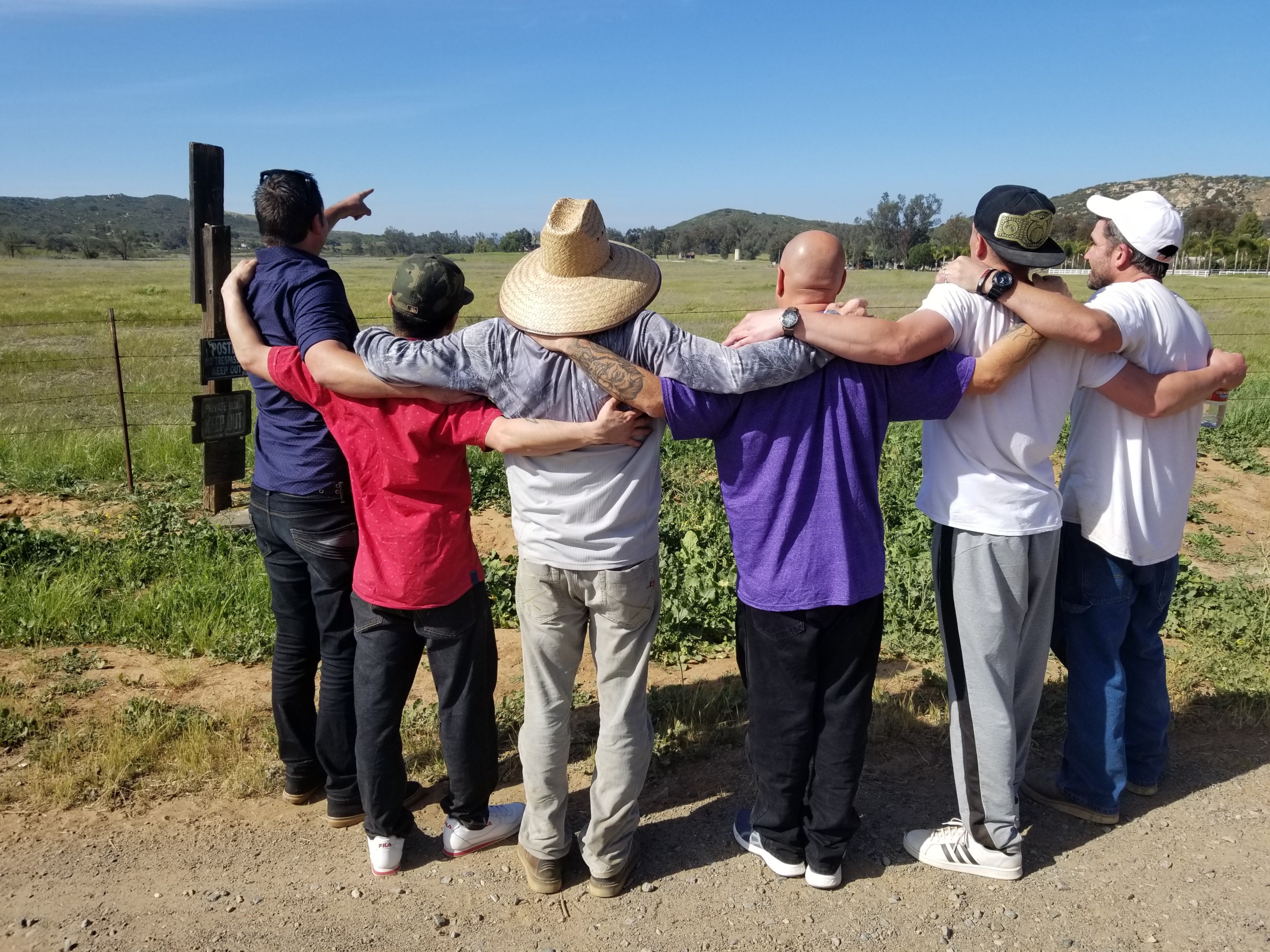Friend.
Such a simple word, but not so simply defined.
Do a “GOOGLE” search of the word ” friend”.
One definition says: a person whom one knows and with whom one has a bond of mutual affection.
“True Definition”, states: someone who is a true friend stands up for you. When others try to hurt you emotionally or physically, they do everything they can to make sure you stay safe. They don’t care who is trying to harm you; they will defend you anytime, anywhere.
Another definition says a friend is someone who has your best interest at heart. True family and friends always have your back.
Merriam Webster Definition says:
1:a person who has a strong liking for and trust in another person. 2 : a person who is not an enemy friend or foe. 3: a person who helps or supports something.
Dictionary.com states:
A person attached to another by feelings of affection or personal regard. • a person who gives assistance.
Urban Dictionary says:
A friend is someone you love and who loves you, someone you respect and who respects you, someone whom you trust and who trusts you.
According to the father of Western philosophy, the Greek philosopher Plato, Aristotle there are three kinds of friendships namely; friendship of utility, friendship of pleasure and finally perfect friendship. These friendships are related to three reasons of why we like things: usefulness, pleasure and goodness.
First two are accidental. In the utility kind of relationship, the two parties are not in it for the affection of one another, but more so because each party receives a benefit in exchange. It’s not permanent in nature, and whenever the benefit ends, so does the relationship that brought the parties together. The second kind of accidental friendship is one based on pleasure. This one is more common in people that are younger.
The final form of friendship that Aristotle outlined is also the most preferable out of the three and could arguably be considered real friendship
Rather than utility or pleasure, this kind of relationship is based on a mutual appreciation of the virtues that the other party holds dear. It’s the people themselves and the qualities that they represent that provides the incentive for the two parties to be in each other’s lives.
Based on the previous definitions the common features of true friendships are a mutual bond of affection between people who trust, respect, defend and assist one another because they share common virtues.
Most friendships formed in addiction are either utility or pleasure friendships. These types of friendships are impersonal and self centered. They are formed out of a need to get something. Rarely do these friendships give back. It is for these reasons most, if not all, friendships formed in addiction need to be forgotten in recovery.
In recovery the friendships one should seek are the ones that are formed with people you trust and respect. It is trust and respect that forms a mutual bond of affection that will be worth defending. These are the friends that will hold you up if you fall. We all need relationships and the ones formed based on these attributes will be long lasting and encourage us to be our best selves. Remember friendships go both ways. We need to be the trusting, helpful, supportive friend we would like others to be to for us.
True friendships and the relationships they form take time and effort, but the result is worth it. No one should walk the path alone.
~ Teri Storm

